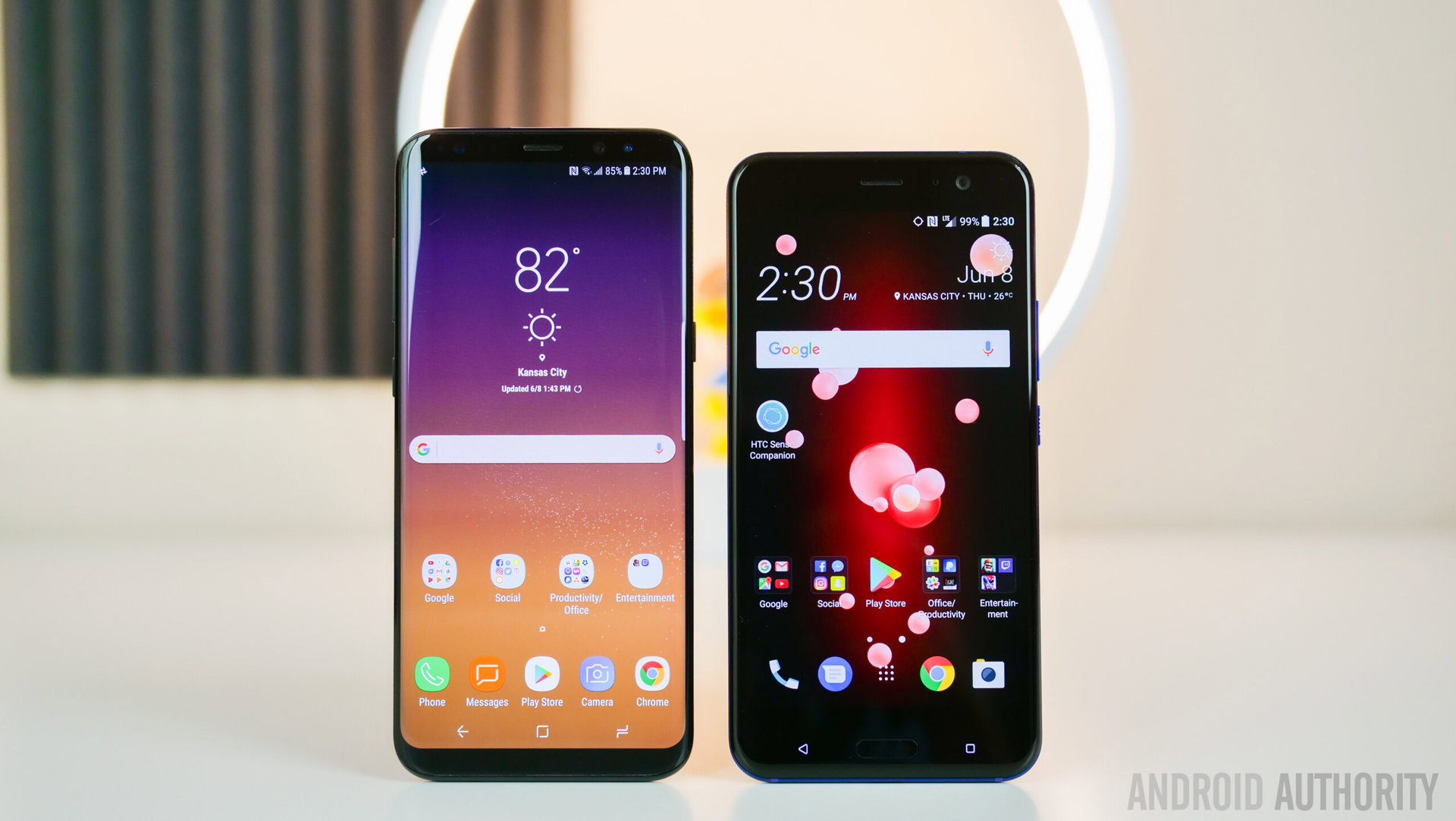Affiliate links on Android Authority may earn us a commission. Learn more.
Galaxy S8 and HTCU11 get faster internet with Sprint firmware update

A Sprint firmware update to the Samsung Galaxy S8, S8 Plus and HTC U11 has brought about a stark data speed improvement, according to a report from PC Mag.
The new firmware is supposed to have provided a “20% speed boost to downloads” on the Galaxy S8 ( 21.9 Mbps to 26.4 Mbps) while a 45% increase (19.2 Mbps to 27.9 Mbps) was observed on the U11.
The tech site sourced information from internet testing and analysis company Ookla, as well as Sprint executives, to produce its finding, but let’s unpack what exactly they mean.
Firstly, these speed increases do not pertain to all mobile internet use cases, but specifically to “average LTE download speeds”. Thus, you would only receive these benefits in an area with LTE coverage: a space in which Sprint is generally regarded to be the least successful carrier.
OpenSignal, a reputable source of mobile network insights, says the only place Sprint really excels on mobile data is in latency, and that download speeds and coverage trail the other major carries. Ookla and WhistleOut agree on the latter points.
What’s more, the S8 speeds were apparently only achieved as the result of a bug fix: the download rates have now been brought up to what they should have been at launch, rather than improved beyond what was expected. Upload speeds, meanwhile, were unaffected by the update.
This is only to provide some context to the news rather than put a damper on it: an average speed increase is always welcome, and Sprint appears to be making good (and necessary) strides in LTE performance. This is good news, it’s just good news only for Galaxy S8 and U11 owners in LTE areas, on the network which currently has the poorest LTE infrastructure.